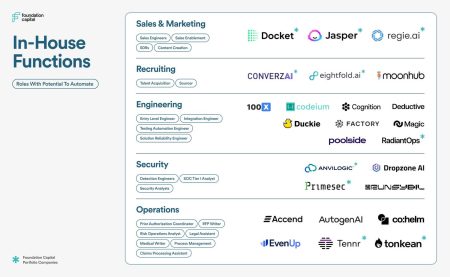A recent disagreement over a crucial federal tax credit and concerns about high production costs are dampening expectations for the rapid growth of clean hydrogen, a fuel seen as crucial in combating the climate crisis. Despite initial excitement and significant federal support for green hydrogen projects, companies like ExxonMobil and Plug Power are frustrated with proposed guidelines for a government incentive that they believe are too stringent. This has led to threats of delaying or canceling major hydrogen projects, indicating the challenges of transitioning to this cleaner fuel source.
Clean hydrogen, particularly the “green” variety made from water and renewable electricity, is a key component of the Biden Administration’s plan to reduce carbon emissions. However, proposed rules for a tax credit to offset the higher production costs of clean hydrogen favor projects utilizing new renewable or nuclear power sources, which significantly increases costs. While some are supportive of this approach, critics argue that it will keep the price of green hydrogen too high and hinder its competitiveness in the market, especially when compared to cheaper, conventional hydrogen made from natural gas.
The cost of producing green hydrogen is currently significantly higher than that of conventional hydrogen, making it challenging to achieve cost parity and widespread adoption. Despite ambitious goals to increase clean hydrogen production to critical mass by the end of the decade, delays and challenges are causing a reassessment of expectations for the industry’s growth. Various factors, including the cost of renewable energy generation, regulatory rules, inflation, and customer reluctance to invest in green hydrogen at current prices, are contributing to a more cautious outlook for the industry’s trajectory by 2030.
Fossil fuel companies, such as ExxonMobil, are facing pressures to adopt cleaner hydrogen production methods to reduce their carbon footprint. However, concerns over the lack of incentives for carbon capture and storage technologies in the proposed tax credit rules have raised doubts about the feasibility of transitioning to low-carbon hydrogen. Even established players in green hydrogen, like Plug Power, are questioning the current regulatory landscape, with potential delays in project timelines and concerns about falling behind Europe in terms of hydrogen adoption.
As the U.S. government works on finalizing the tax credit rules for clean hydrogen projects, industry stakeholders are highlighting the need for clear incentives to accelerate the transition to green hydrogen. The requirement that power for green hydrogen production comes from new clean energy sources is seen as essential to avoid exacerbating emissions from an already strained electric grid. Companies like Air Products and Electric Hydrogen are supportive of these requirements and are working on large-scale green hydrogen projects that align with these principles.
Despite the challenges and uncertainties facing the clean hydrogen industry, companies are continuing to invest in innovative technologies and projects to drive the transition to a cleaner energy future. With support from investors and backers like Bill Gates’ Breakthrough Energy Ventures, there is optimism around the potential for green hydrogen to play a significant role in decarbonizing industries such as aviation and transportation. However, the road ahead remains difficult, with the need to compete against heavily subsidized traditional fossil fuel industries and overcome cost barriers to make green hydrogen economically viable on a large scale.















